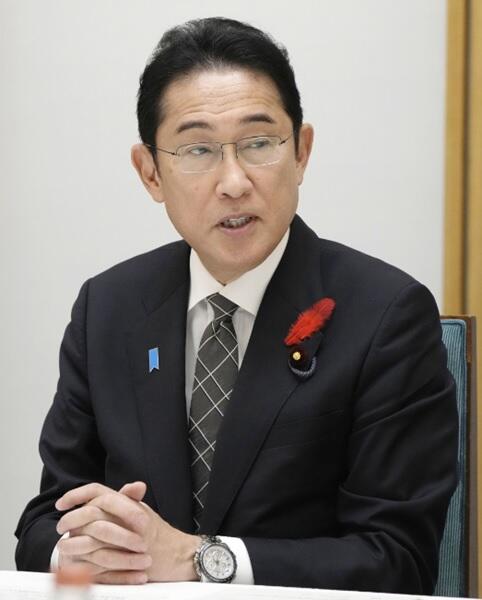Japan is devising an economic support plan for Central Asia in the area of trade logistics, decarbonization and human resource development, and is planning to unveil it during an upcoming summit meeting with the region's five nations, a source familiar with the matter said Saturday.
The summit, to be held in Kazakhstan later in the month, is the first of its kind that will bring together the leaders of Japan and the five former Soviet republics — Kazakhstan, Kyrgyzstan, Tajikistan, Turkmenistan and Uzbekistan.
Japan aims to deepen ties with the resource-rich countries and reduce their dependency on nearby Russia and China. Japanese Prime Minister Fumio Kishida is expected to visit Kazakhstan, Uzbekistan and Mongolia from Friday to Aug. 12, the source said.
Amid disruptions caused by Russia's war in Ukraine, the Japanese government believes the Asian country's digital technology can help facilitate customs procedures in transportation routes linking Central Asia and Europe via the Caspian Sea that can bypass Russia at the same time.

Provided by Kyodo
Japan will also pledge to help the Central Asian countries achieve carbon neutrality in a bid to tackle climate change, offer expertise to modernize thermal power stations, and consider production and export of fertilizers and gasoline using natural gases, the source said.
For the development of human resources, Japan will encourage workers to come from the Central Asian nations under a new skilled worker visa that was established in 2019 to attract more foreign laborers to the Asian nation amid an acute labor shortage.
It plans to offer language education support via the Japan International Cooperation Agency, according to the source.
Japan has continued its engagement with the five Central Asian nations at the foreign ministerial and working levels, after launching a dialogue framework with them in 2004.
The Central Asian countries have showed a cautious approach toward Russia following its full-scale invasion of Ukraine, which began in February 2022. China, for its part, has been increasing its economic presence in the region through its Belt and Road global infrastructure program.




